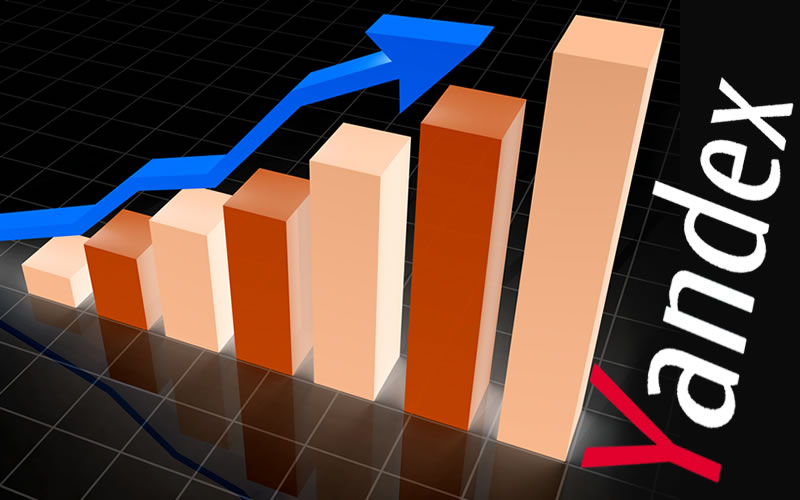ComScore has released The ComScore 2010 Europe Digital Year in Review which covers 18 European countries and gives an insight into digital trends in individual markets and the region as a whole.
The complete report is available for downloaded but I have summarised some of the key findings here:
- Users in the Netherlands and the UK spend the most time online, compared to those in Italy and Austria who have the lowest web engagement. On Average, Europeans spend 24.20 hours per month online
- Poland has the highest number of searches per searcher, compared to Germany and Russia, where despite a high penetration rate, search intensity is lower than the European average.
- Google reached 90% of all European users in 2010
- 84.4% of European web users are members of social networking sites, a 10.9% increase on the previous year and the highest growth rate of global regions. 22.8% of all page views in Europe are social networks.
- At 92.2% Turkey has the highest social networking penetration rate in Europe, followed by Poland, UK, Finland and Norway. Austria has the lowest penetration rate, but at 74.5% it is still a significant number.
- Facebook is the most visited site in all Europe and is the clear market leader in 15 of the 18 markets. Only the Netherlands, Poland and Russia have more popular social networks with local offerings Hyves, Nasza-Klasa and Vkontakte/Odnoklassniki attracting more users. In the Netherlands and Poland, Facebook is seeing rapid growth but, like Google, it is struggling to make any significant impact in Russia.
- Significantly, Facebook overtook StudiVZ in Germany to become the leading network there, a country where there has been serious concerns over Facebook’s privacy policies.
- Unsurprisingly, advertising on social networks has also increased significantly – in Germany, the number of display ad impressions on social networks increased 102%, in France it was 64%.
- Online video content is becoming longer – suggesting a preference for fewer but longer videos. The number of online videos viewed in the UK, France and Germany all decreased in 2010, but the average video length increased
- Mobile penetration is growing, fuelled in part by an increase in the number of smartphone users. In the UK, France, Germany, Italy and Spain, Google Android OS usage increased by a staggering 951% and Apple’s OS saw a 115% percent increase.
- Predictions suggest that half of European mobile users will have smartphones in 2011
What should we take from the report? There is not anything truly groundbreaking, but there is a lot of useful information in there to help marketers understand the various European markets and plan digital strategy. I think it really confirms a lot of what we already know:
- European countries all differ from one another, and marketers must consider the trends and online behaviours of each individual markets when planning international web campaigns
- The Mobile Web is becoming increasingly important and widespread
- The web is social – and a social media presence is no longer an option, but a necessity
- The opportunities for businesses to reach and engage with a wide and diverse audience are huge, and there to be exploited
Interestingly, the report does not mention Twitter at all…
Gemma Houghton
Latest posts by Gemma Houghton (see all)
- Watch the recording: How to identify and seize growth opportunities in international markets - April 20, 2022
- International marketing recruitment: How to drive global growth amid The Great Resignation - February 23, 2022
- 5 trends to include in your 2022 international digital marketing strategy - December 21, 2021







